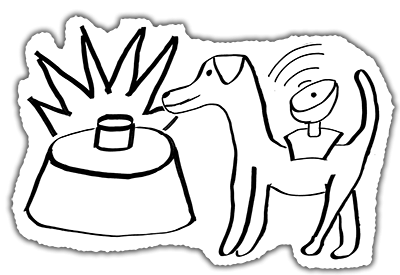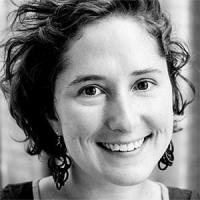
SmartDog
Image

One of the most sensitive methods to locate land mines uses special trained search dogs. A few molecules of the explosive itself can be detected by a trained dog’s nose, which makes this method independent of the mine housing many other measurements are based on. A tracking and steering systems can help to improve the efficiency and thoroughness of the search. The same concept can be also adapted to rescue searches.
Results

Assembly of 'fast prototyping' electronics components to mobile tracking, communication and demarcation system for demining dogs. 
3D printing of parts for the Smart Dog demarcation beacon release system. 
Screenshot of a video animation that explains the possibility of a 10 times faster land release compared to traditionally used techniques. 
Interview with field expert Havard Bach from Norwegian People's Aid and specifications discussion in the team. 
Live demonstration of the Smart Dog system with the help of expert team member 'Viking'. 
Fast prototyping electronics components used to build the Smart Dog demonstrator - corresponding professional high precision versions of these sensors were identified for a second prototype. 
‘Viking’ is testing the Smart Dog system including, audio and video transmission, heart rate, position and orientation monitoring as well as a beacon drop system. 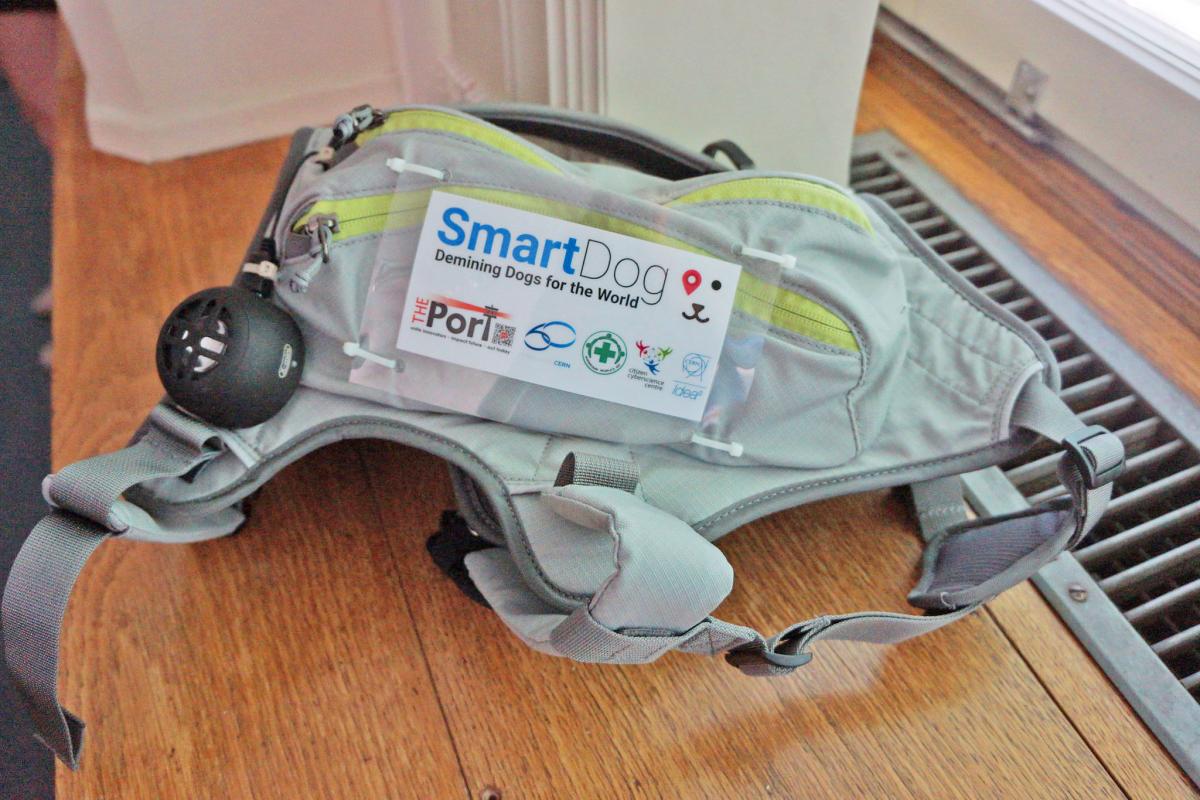
Impressions
Image
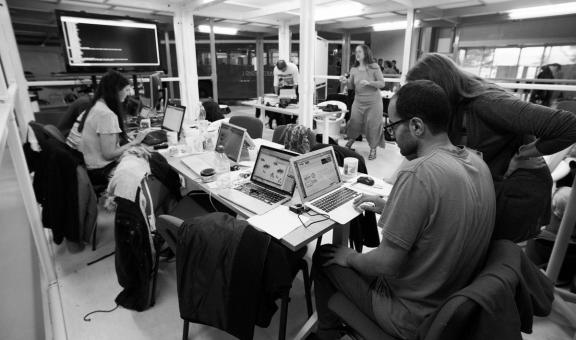
Project Team


Aïssatou-Boussoura Garga
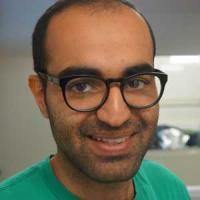
Amirhossein Imani
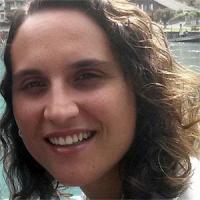
Andressa Sivolella
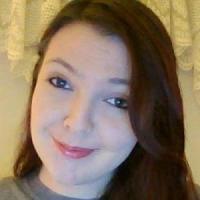
Courtney Thurston
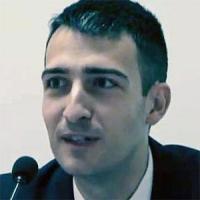
Drasko Draskovic
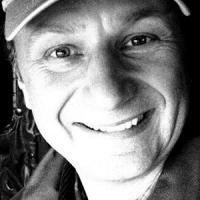
Erik Tollefsen
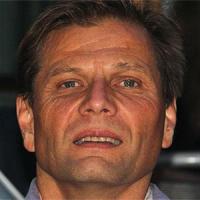
Håvard Bach

Luisa Meneghetti
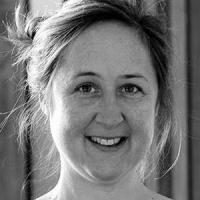
Michelle Lewis-King

Sharada Prasanna Mohanty
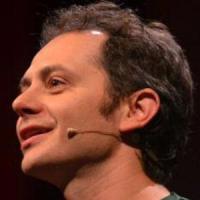
Theo Anagnostopoulos
Resources
SmartDog
Image
